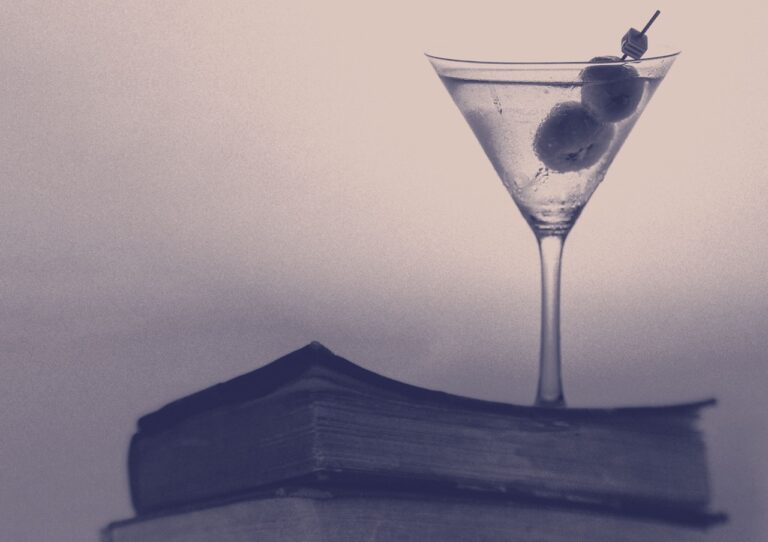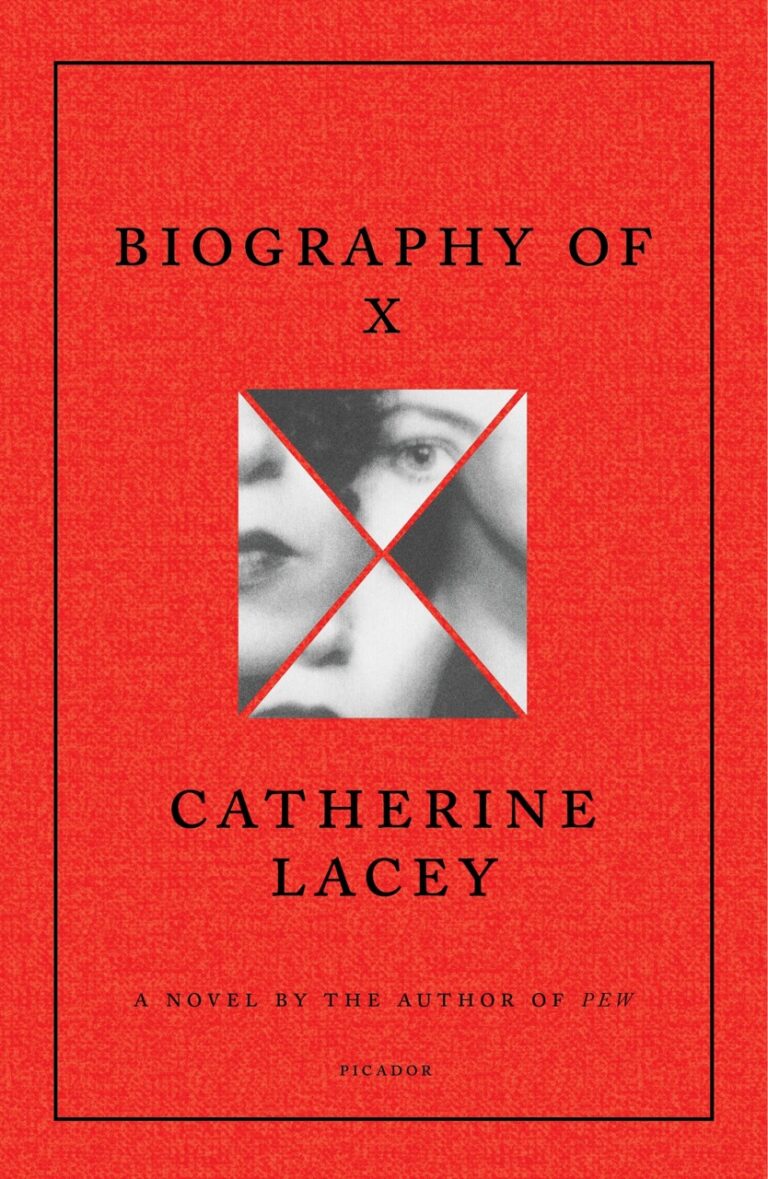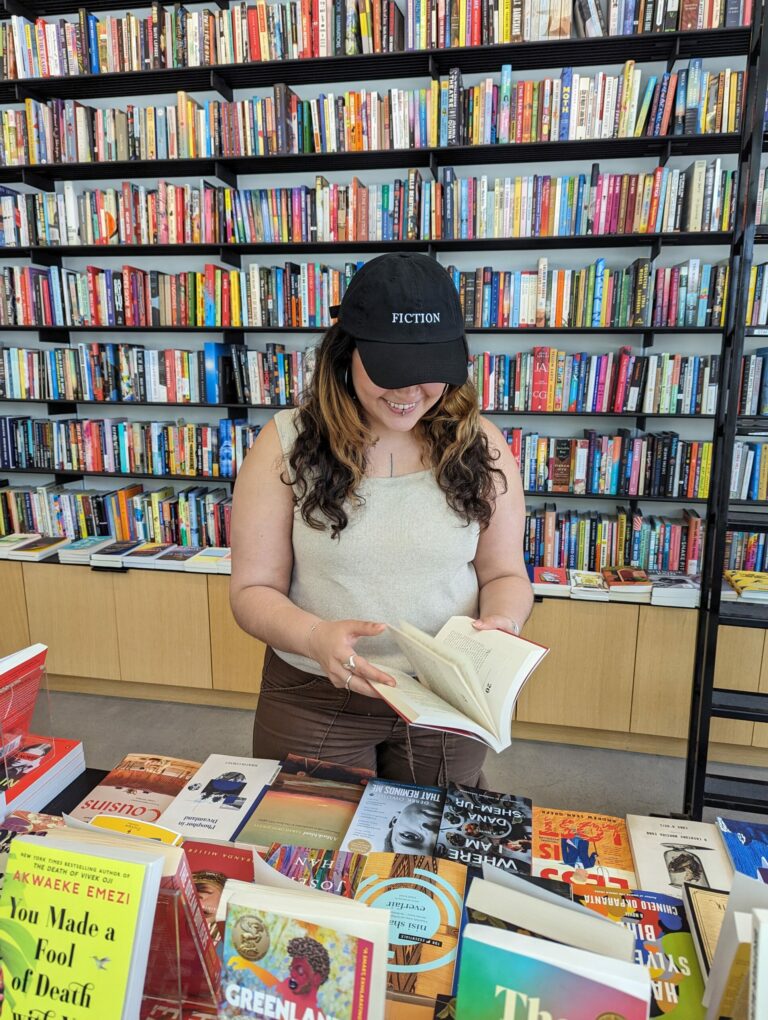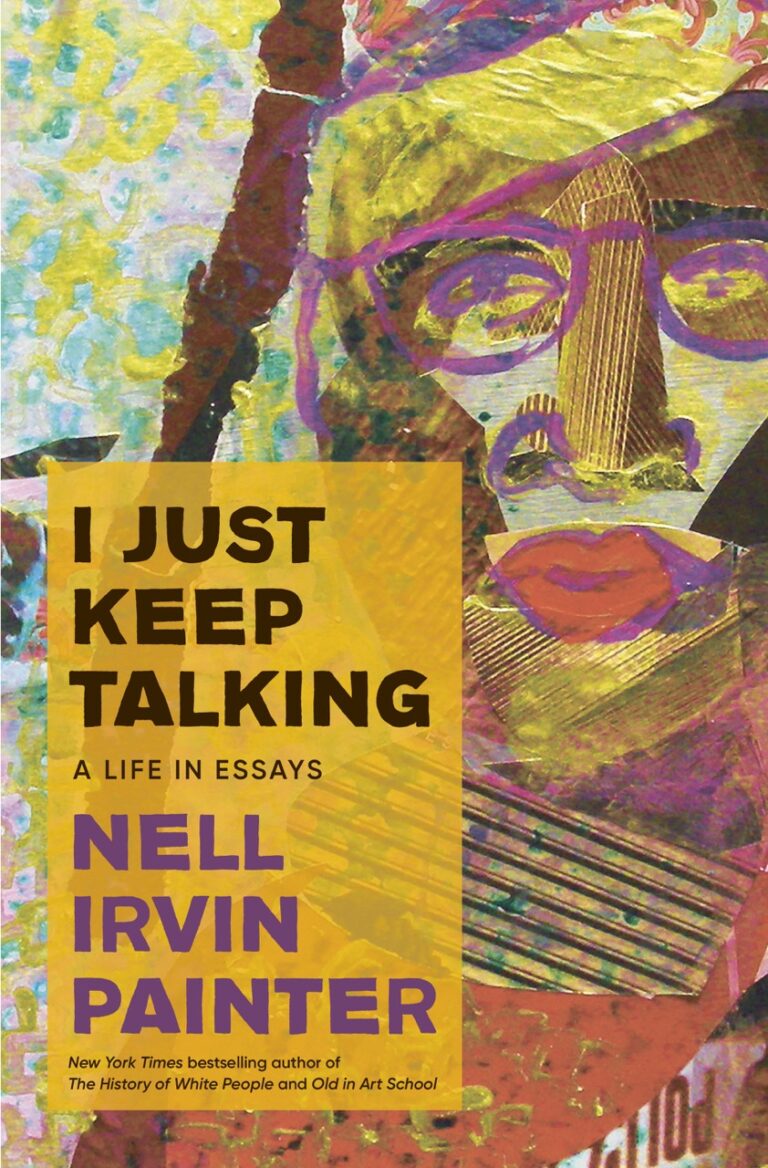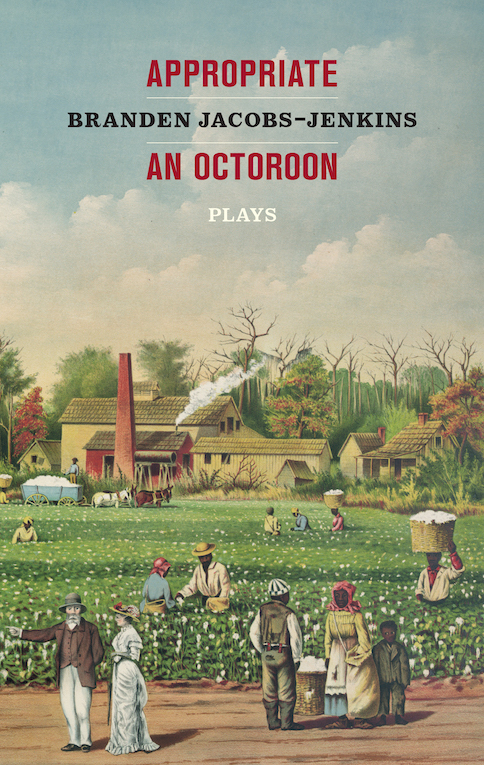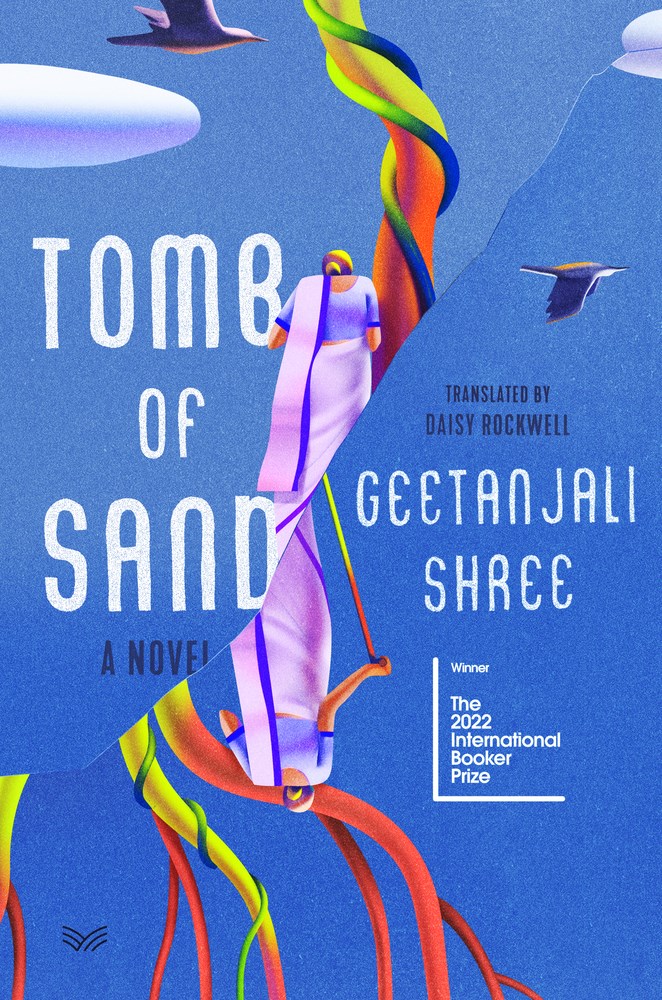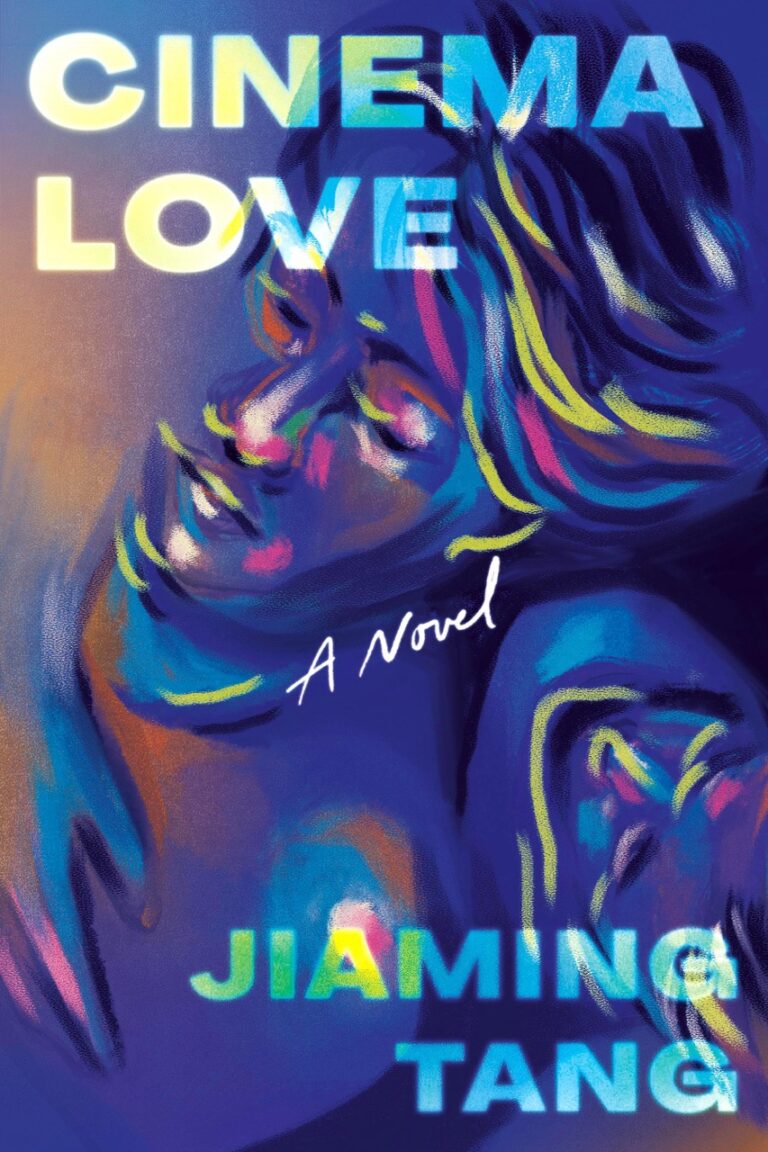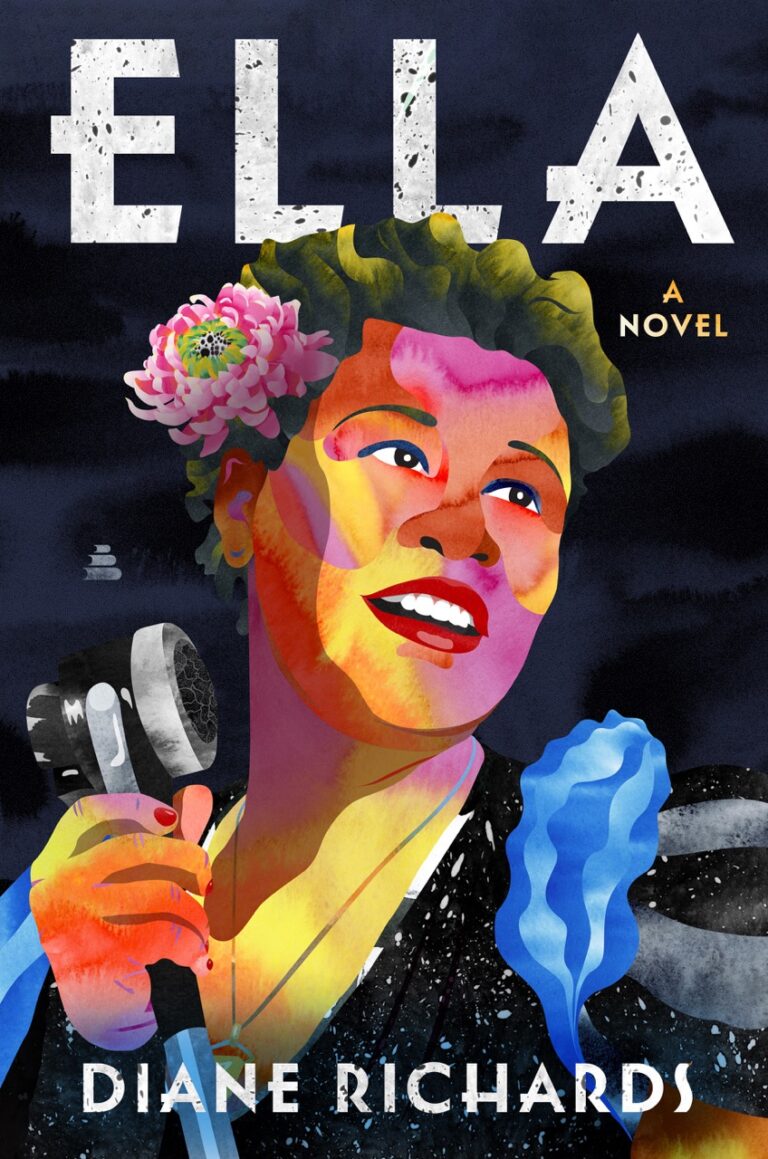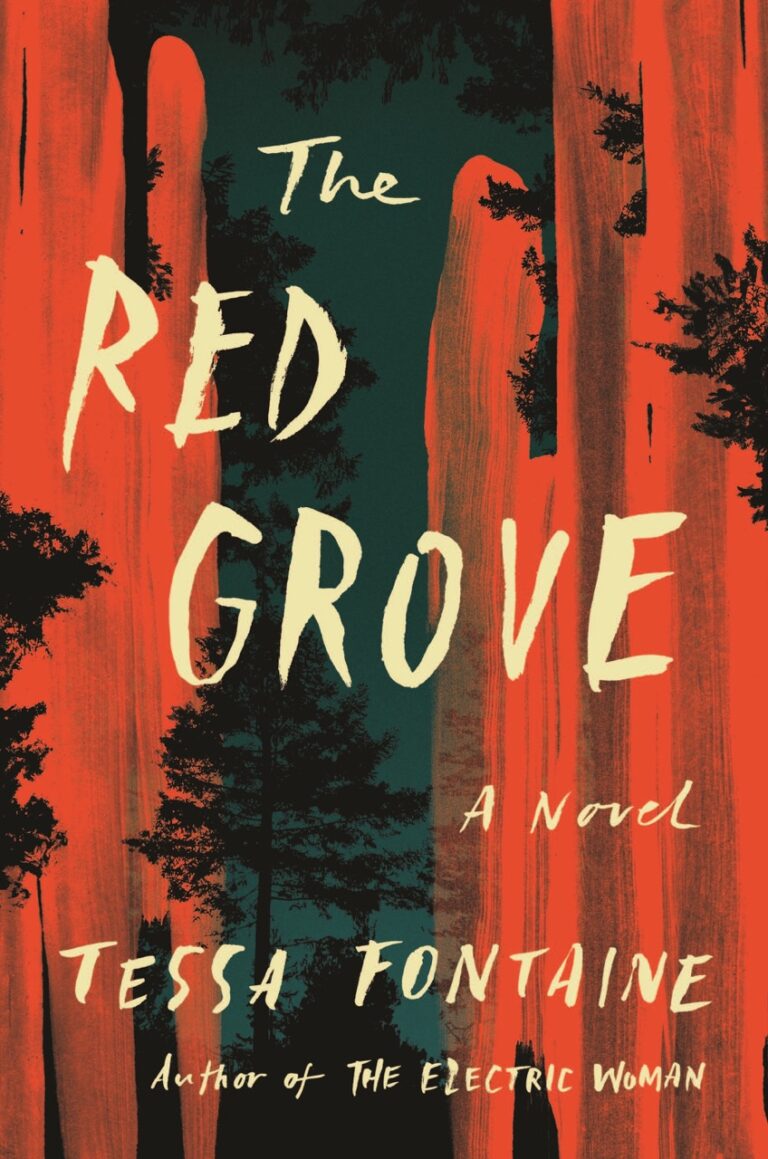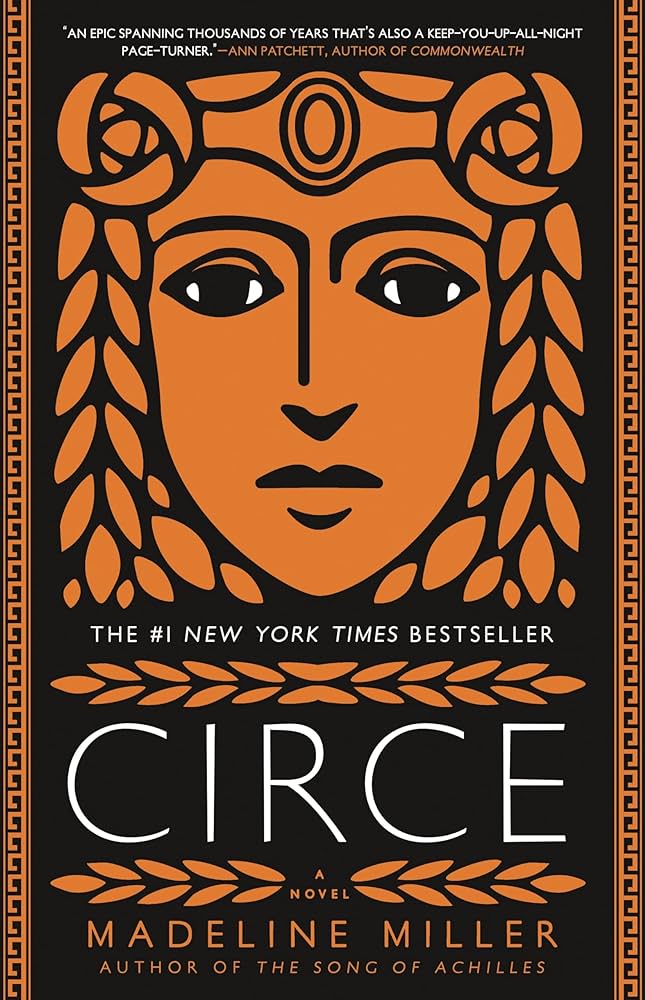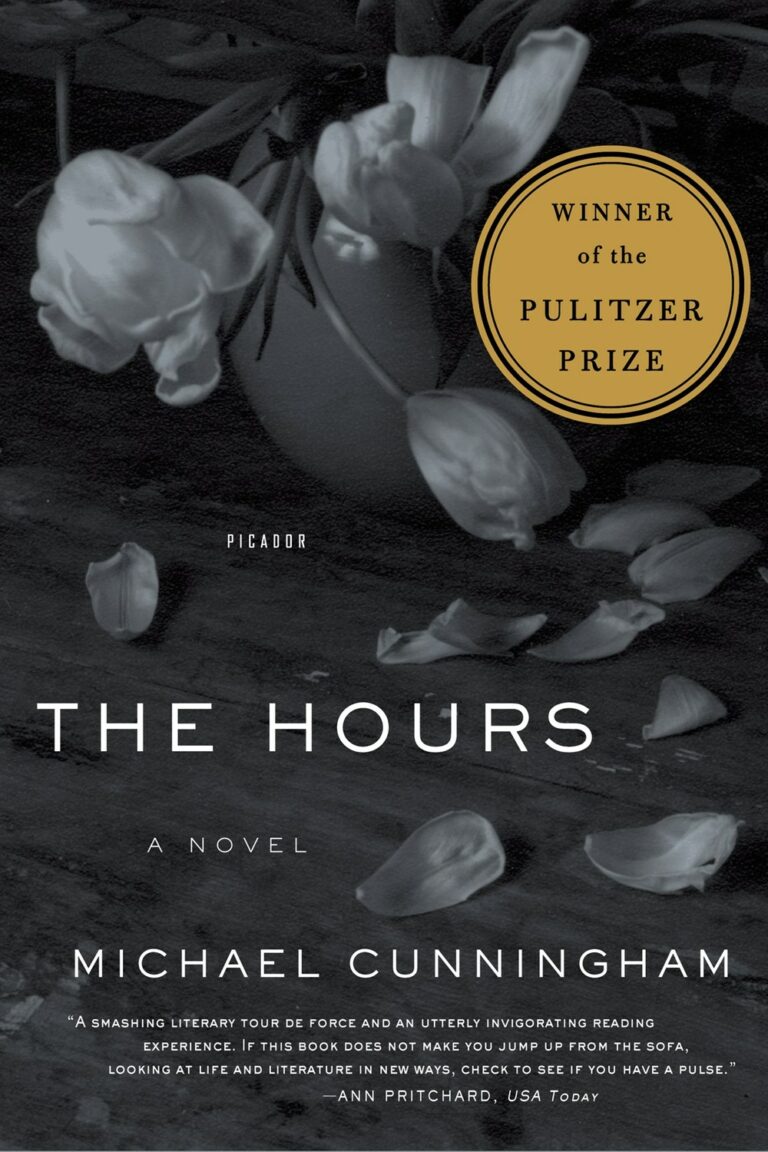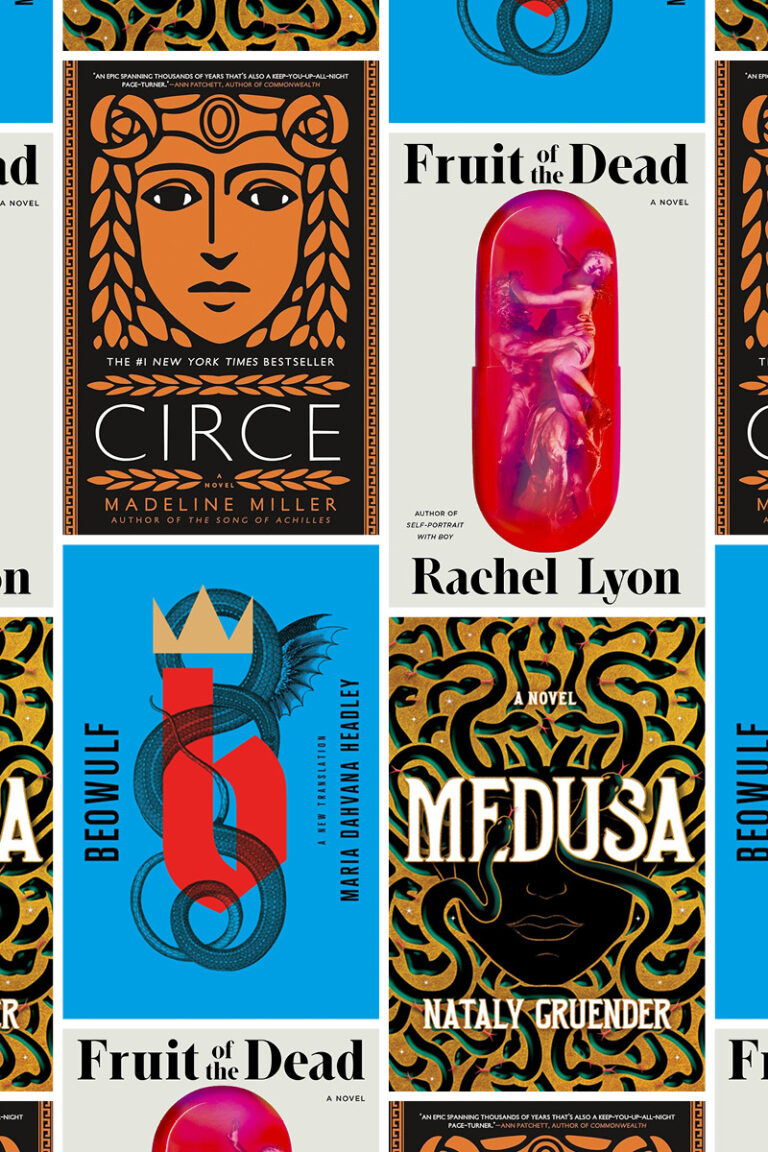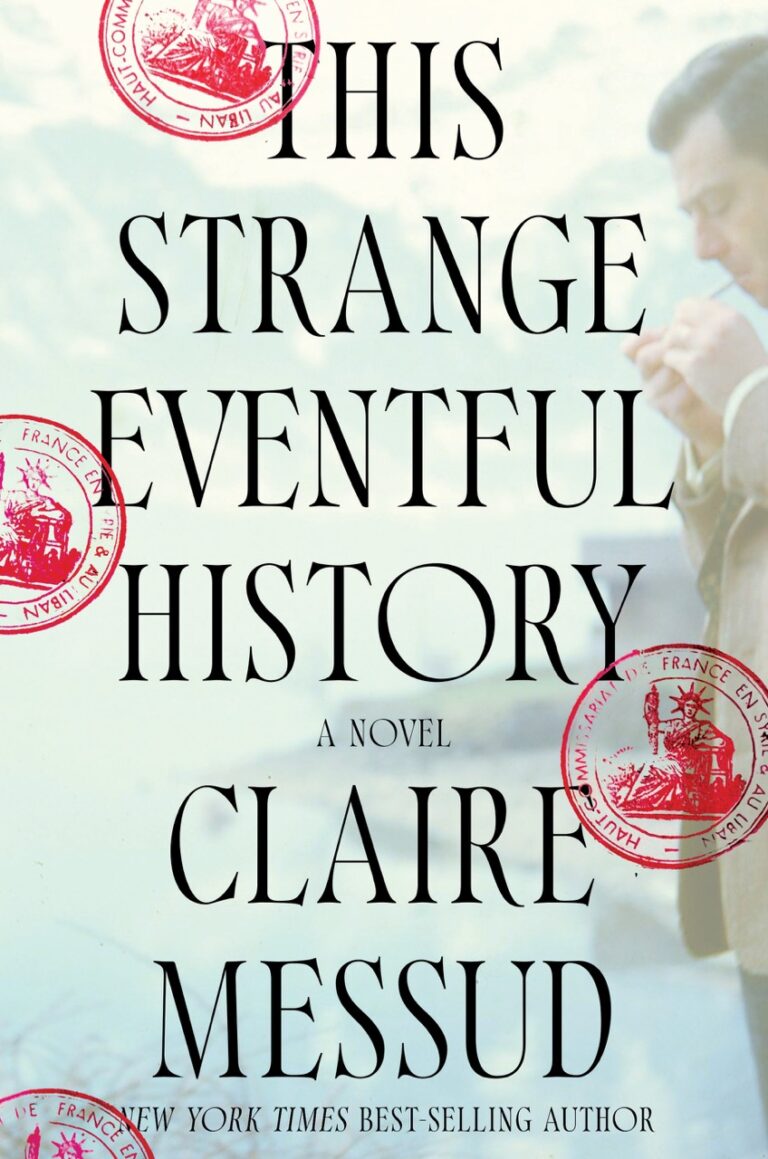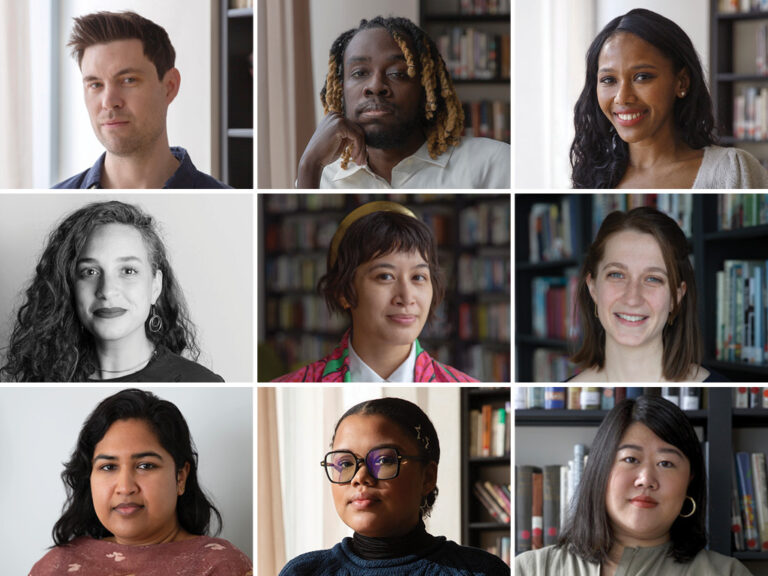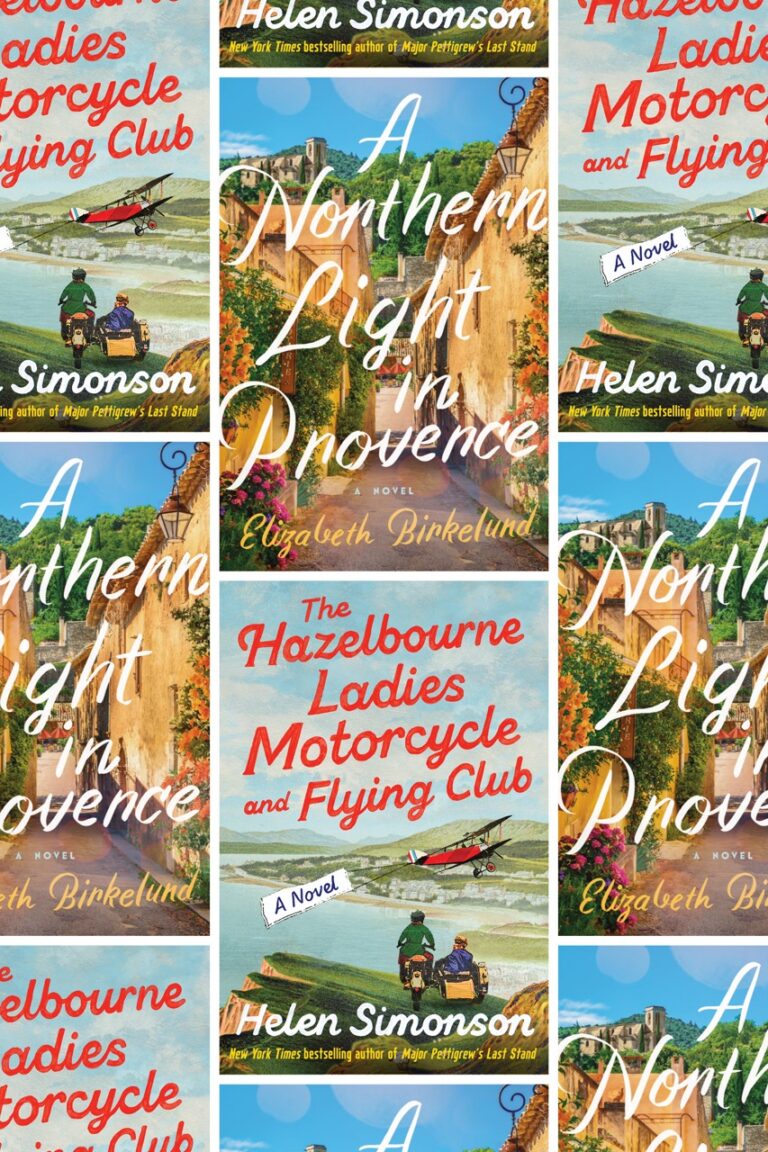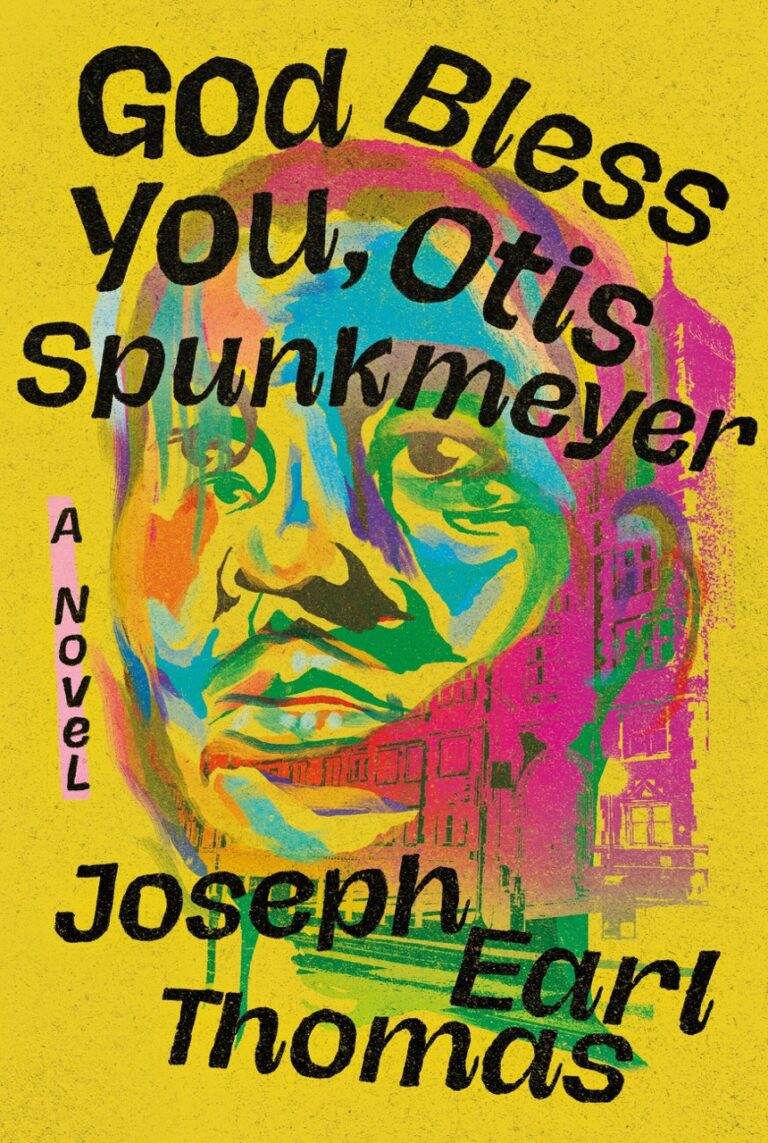Thursday, 7:00 pm EDT June 9, 2022
The Center for Fiction*
& Online via Zoom
In-person* tickets include a $10 bookstore voucher, redeemable toward the featured event books on the night of the event. All registrants will receive a link to livestream the event.
The burgeoning fascination with genealogy, epigenetics, and the concept of inherited trauma over the past few years points to a desire to understand ourselves through our pasts, and create a narrative of our own lives. The rising popularity of paying to have your DNA tested to trace generations of migration may seem more primed to inspire science fiction but, increasingly, writers have been mining their family pasts to create deeply intimate personal narratives, using both fiction and nonfiction as a means to reckon with the troubling history of their lineages.
Ann Leary was inspired by a shocking discovery about her grandmother to write The Foundling, a novel about a woman who takes a secretarial job at a medical institution under the guise that its purpose is to help women in danger, only to unravel its secret intention to be a eugenics program for women deemed unfit to reproduce. Maud Newton’s Ancestor Trouble traces the evolution of our sociological, cultural, scientific, and religious relationships with our ancestors alongside her research into her own family’s history, uncovering murder, mental illness, racism, and religious fanatacism along the way. Join Leary and Newton in conversation regarding these two fascinating texts, using literature as a tool to contend with personal history, and the circularity of the past.
*Proof of vaccination is required to attend this event in person. Mask wearing is also required throughout the building. Accepted vaccination proofs include:
- CDC vaccination card (or an image of it)
- Excelsior Pass or Excelsior Pass Plus (or a printout of it)
- A record of vaccination from the healthcare provider who administered your vaccine
Anyone 5 and older is required to show proof of two vaccine doses or one dose of the Johnson & Johnson vaccine. Anyone 18 and older must also present a government issued photo ID.
If you remain unvaccinated because of a disability or sincerely held religious belief, please contact us at [email protected] for assistance or to request a reasonable accommodation.
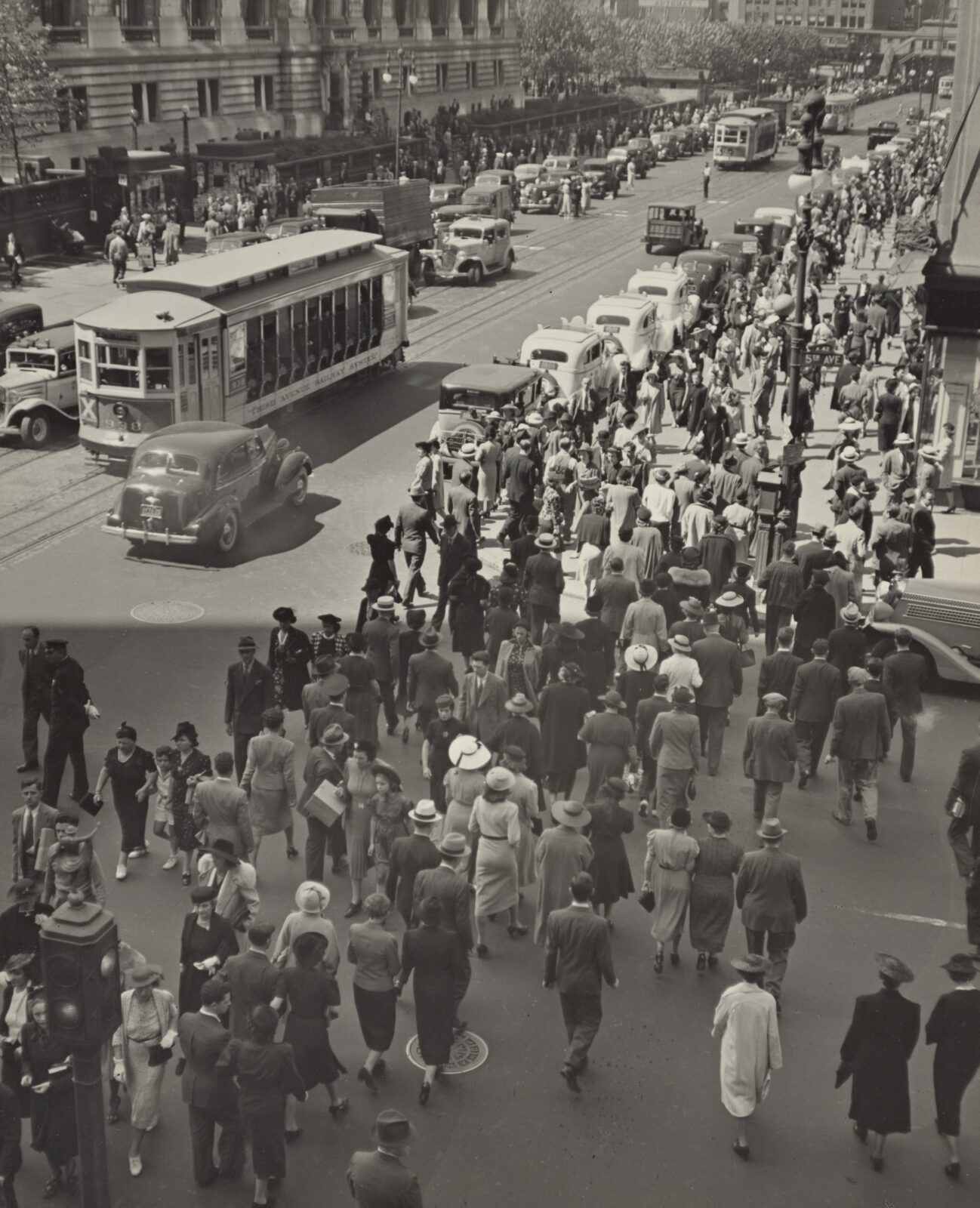
In Conversation
-
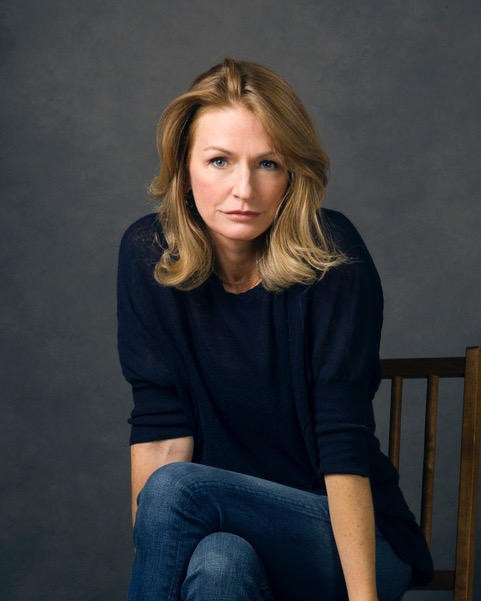
Ann Leary
Ann Leary
Ann Leary is the New York Times bestselling author of a memoir and four novels including The Good House. Her work has been translated into eighteen languages, and she has written for the New York Times, Ploughshares, NPR, Redbook, and Real Simple, among other publications. Her essay, “Rallying to Keep the Game Alive,” was adapted for Amazon’s television series, Modern Love. She lives with her husband in New York. Visit her online at AnnLeary.com.
Photo Credit: Scott Lacey
-
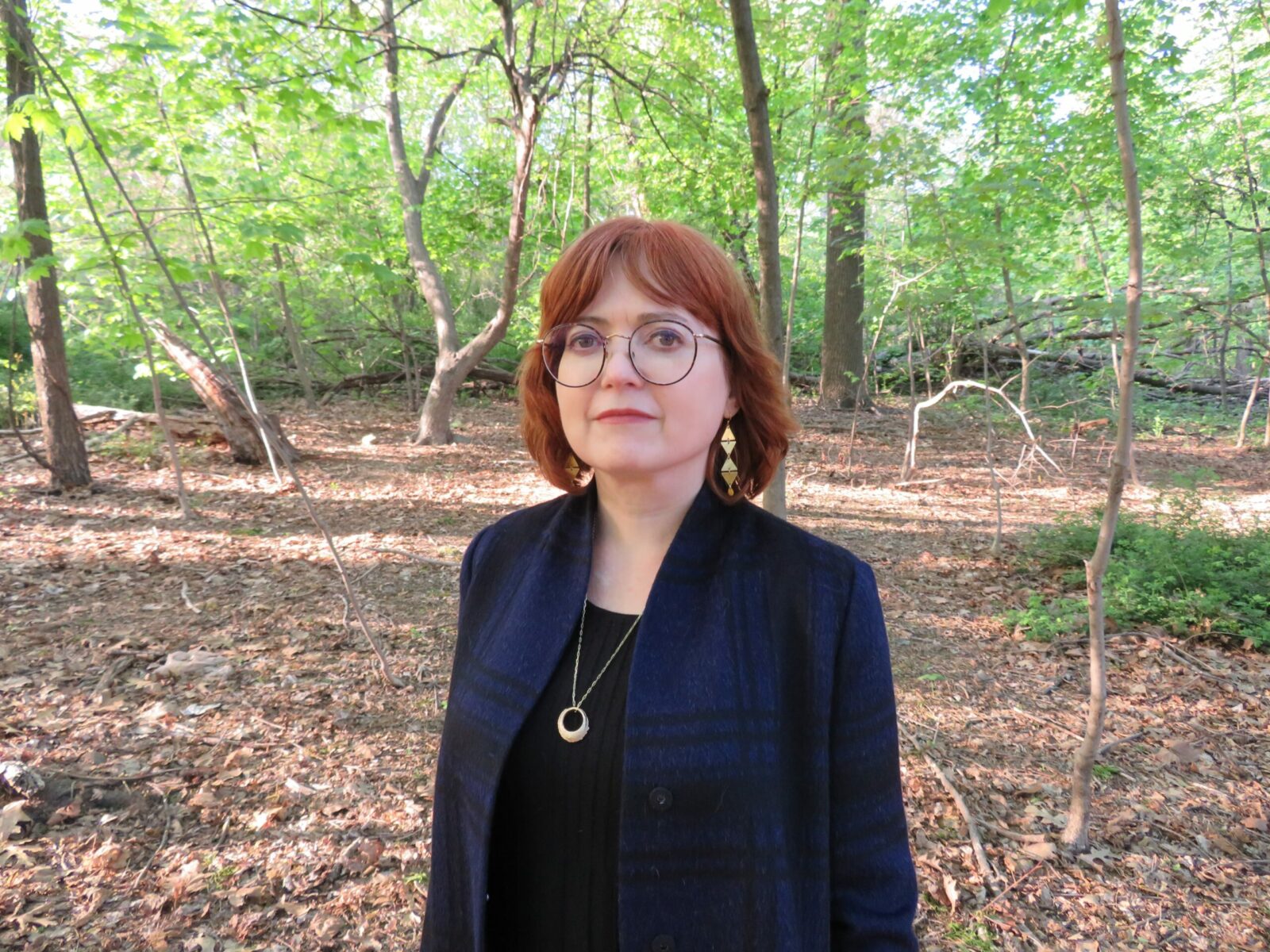
Maud Newton
Maud Newton
Maud Newton has written for The New York Times Magazine, Harper’s, The New York Times Book Review, and Oxford American. She grew up in Miami and graduated from the University of Florida with degrees in English and law.
Photo Credit: Maximus Clarke
Featured Books
-
.
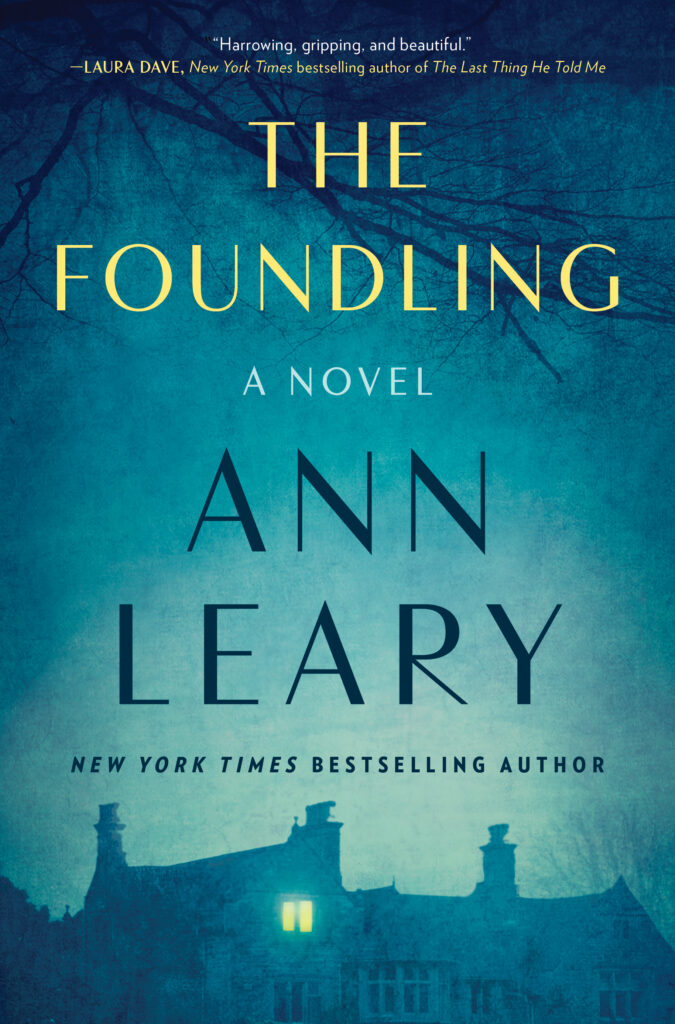
The Foundling
By Ann Leary
Published by Scribner / Marysue Rucci Books
From the New York Times bestselling author of The Good House, the story of two young women, raised in the same orphanage, whose friendship is put to the ultimate test when they meet again as employee and inmate at a woman’s asylum in 1920s Pennsylvania.
It’s 1927 and eighteen-year-old Mary Engle is hired to work as a secretary at a remote but scenic institution for mentally disabled women called the Nettleton State Village for Feebleminded Women of Childbearing Age. She’s immediately in awe of her employer–brilliant, genteel Dr. Agnes Vogel. Soon after she’s hired, Mary learns that a girl from her childhood orphanage is one of the inmates. When Lillian begs Mary to help her escape, alleging the asylum is not what it seems, Mary is faced with a terrible choice.
-
.
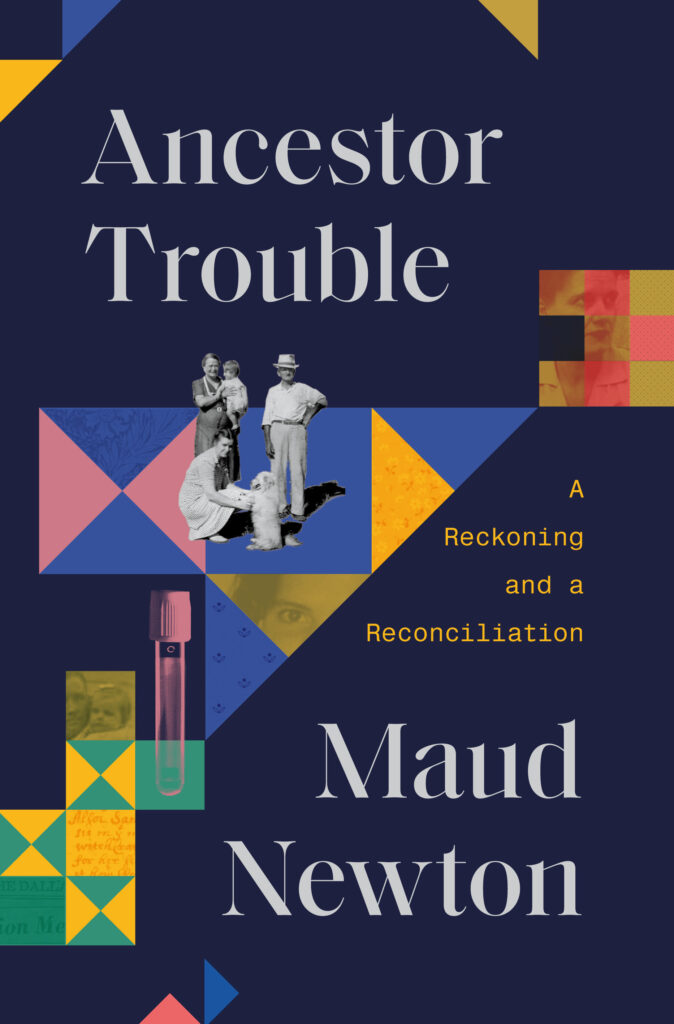
Ancestor Trouble
By Maud Newton
Published by Penguin Random House
Maud Newton’s ancestors have vexed and fascinated her since she was a girl. Her mother’s father, who came of age in Texas during the Great Depression, was said to have married thirteen times and been shot by one of his wives. Her mother’s grandfather killed a man with a hay hook and died in a mental institution. Mental illness and religious fanaticism percolated through Maud’s maternal lines, to an ancestor accused of being a witch in Puritan-era Massachusetts. Maud’s father, an aerospace engineer turned lawyer, was a book-smart man who extolled the virtues of slavery and obsessed over the “purity” of his family bloodline, which he traced back to the Revolutionary War. He tried in vain to control Maud’s mother, a whirlwind of charisma and passion given to feverish projects: thirty rescue cats, and a church in the family’s living room where she performed exorcisms.
Their divorce, when it came, was a relief. Still, the meeting of her parents’ lines in Maud inspired an anxiety that she could not shake; a fear that she would replicate their damage. She saw similar anxieties in the lives of friends, in the works of writers and artists she admired. As obsessive in her own way as her parents, Maud researched her genealogy—her grandfather’s marriages, the accused witch, her ancestors’ roles in slavery and genocide—and sought family secrets through her DNA. But sunk in census archives and cousin matches, she yearned for deeper truths. Her journey took her into the realms of genetics, epigenetics, and the debates over intergenerational trauma. She mulled modernity’s dismissal of ancestors along with psychoanalytic and spiritual traditions that center them.
.
